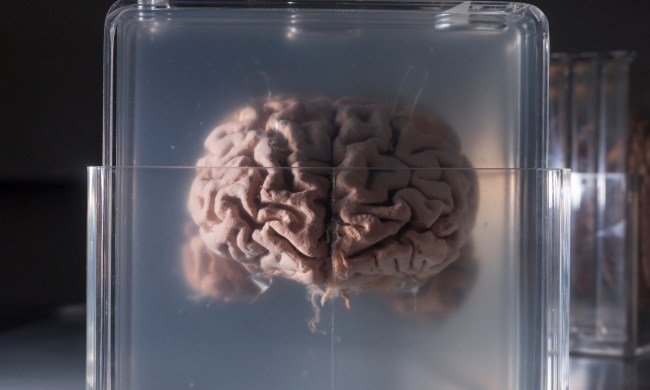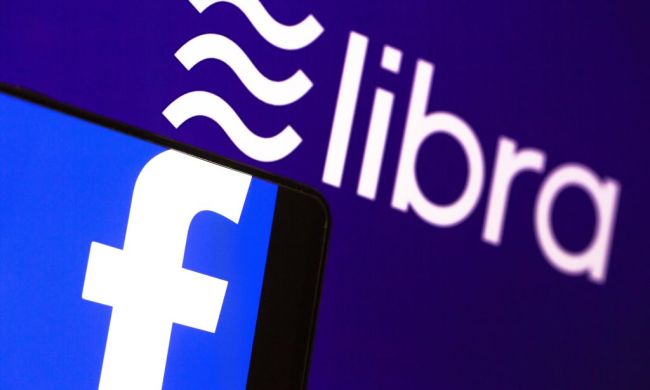
The Moonlite Project is building a data center in Iceland that will be used for the mining of cryptocurrencies — including Bitcoin, Bitcoin Cash, Dash and Litecoin — on an industrial scale. Construction on the data center will begin in April and it will open in August. While it will be used to help Moonlite pursue its ambition of becoming one of the largest cryptocurrency-mining organizations in the world, Moonlite wants to do so using low-cost, sustainable and green energy exclusively.
“Our data center, and future data centers, will always make use of 100 percent clean and renewable energy sources, such as energy being generated from hydro, wind, and geothermal sources,” Eric Krige, Moonlite Project’s founder and CEO, told Digital Trends. The site will also benefit from Iceland’s naturally cool climate, which will help eliminate the need for extensive cooling infrastructure.
Krige said that the data center will employ some smart tech beyond its use of environmentally friendly means of cooling and generating power. “We will be deploying custom mining software and additional software that is already on the market,” he said. “Our teams will be implementing some smart mining tech as well, including A.I. and custom algorithms to assist in miner management, and to ensure that we are focusing on what is profitable at all times.”
The Icelandic data center will, Krige said, be running at a capacity of 15 megawatts, with plans to expand beyond that level. It aims to produce roughly $8 million per month in mined currency. While we’ll wait until it’s all up and running before getting too excited, it’s an intriguing project — and proof that the drive toward using sustainable energy and making serious cryptocurrency bank (hopefully!) don’t have to be mutually exclusive.


